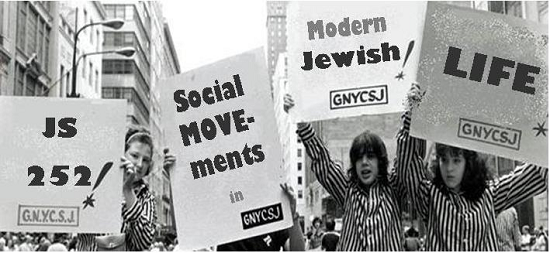Updated By: LatestGKGS Desk
Social Movements: Civil liberties and human rights movements

Social Movements: Civil liberties, human rights movements, political action, and freedom
Social movements mainly take the form of non-institutional collective political action which struggles for social and /or political transformation. In India, this movement from the past.
Social movements often grow with the aim of bringing changes on the public issue, such as protecting the rights of the tribal population to use the forests or the right of displaced people to settlement and compensation.
Civil liberties:- Civil liberties are linked to those fundamental rights and freedoms, which are clearly identified in the Bill of Rights and the Constitution, or deduced through the years by courts and legislators.
Civil liberties are personal assurances and freedoms that the government cannot reduce, either by law or by judicial interpretation without proper process.
Human rights movements:- Human Rights have been described as all those rights which are in mandatory for the protection and maintenance of self-esteem of individuals and create conditions in which every person can develop his personality to the fullest extent.
Human rights are intrinsic in all the individuals regardless of their caste, religion, sex, and nationality. Due to their vast significance to human beings; human rights are also called inherent rights, fundamental rights, basic rights, natural rights, and birthrights.